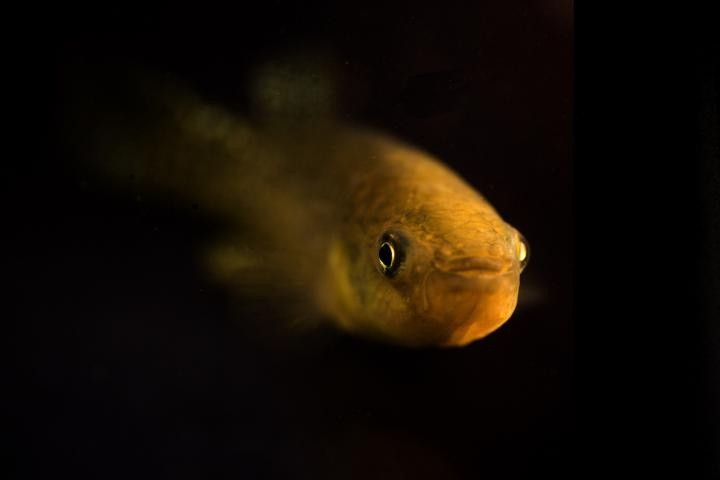Our immune systems become less effective as we become older. Vaccinations grow less effective as we become more sensitive to illnesses. The immune system of short-lived killifish is likewise aging, according to a study team led by Dario Riccardo Valenzano.
Indeed, they discovered that killifish had less varied circulating antibodies at four months of age than younger fish, which might lead to a widespread decline in immune function.
Responding to Pathogens
To be protected during the next infection, the immune system must continually respond to new pathogen assaults and remember them. B cells do this by creating an information store and producing a range of antibodies that can detect infections directly.
The study's leader, Dario Riccardo Valenzano, notes, "We wanted to know about the antibody repertoire in old age." "It's difficult to study a human being's immune system for his or her life because humans live such long lives; additionally, you can only study antibodies in peripheral blood in humans because getting samples from other tissues is difficult; therefore, we used the killifish, which is very short-lived and allows us to get probes from various tissues."
Killifish Immune System

Killifish are the tiniest vertebrates that can be maintained in a lab. Because of these qualities, they live for just three to four months, age in a time-lapse, and have become the focus of aging research in recent years.
A killifish is a cyprinodontiform fish that is oviparous (egg-laying) and belongs to the families Aplocheilidae, Cyprinodontidae, Fundulidae, Profundulidae, and Valenciidae. There are 1,270 different species of killifish, with the Rivulidae family being the most, with over 320 different species.
Most killifish eggs can survive periods of partial dryness as a result of their adaption to living in ephemeral waters. Many species rely on this diapause since their eggs would only survive a few weeks if completely buried in water.
Research Procedure
The researchers were able to characterize all of the antibodies produced by killifish with great precision. Older killifish contain different forms of antibodies in their blood than younger killifish, according to the researchers. They also had less antibody diversity across their bodies.
"If we have less distinct antibodies as we become older, this might lead to a lower ability to respond to illnesses," adds Valenzano. "We now want to look into why B cells lose their ability to create various antibodies and if they can be rejuvenated in the killifish to restore this ability."
The CECAD Cluster of Excellence for Aging Research and the Collaborative Research Center 1310 at the University of Cologne supported the research for this study, which was done at the Max Planck Institute for Biology of Ageing. Dario Riccardo Valenzano is presently a professor at Friedrich Schiller University in Jena and group leader of the research group "Evolutionary Biology / Microbiome-Host Interactions in Aging" at the Leibniz Institute on Aging - Fritz Lipmann Institute (FLI).
Related Article : Climate Change is Making the Spread of Deadly Diseases More Rampant
For more news, don't forget to follow Nature World News!
© 2025 NatureWorldNews.com All rights reserved. Do not reproduce without permission.





